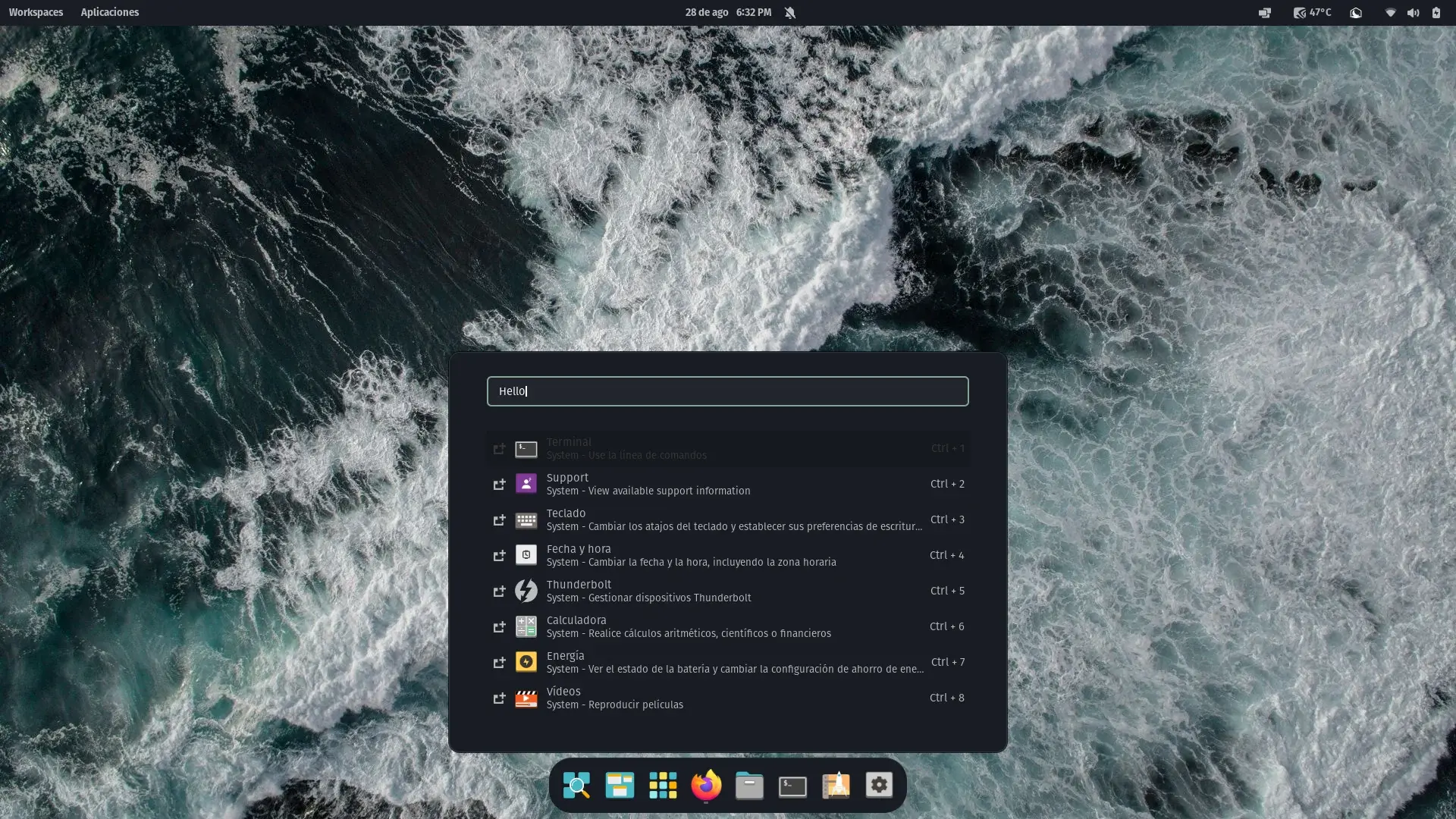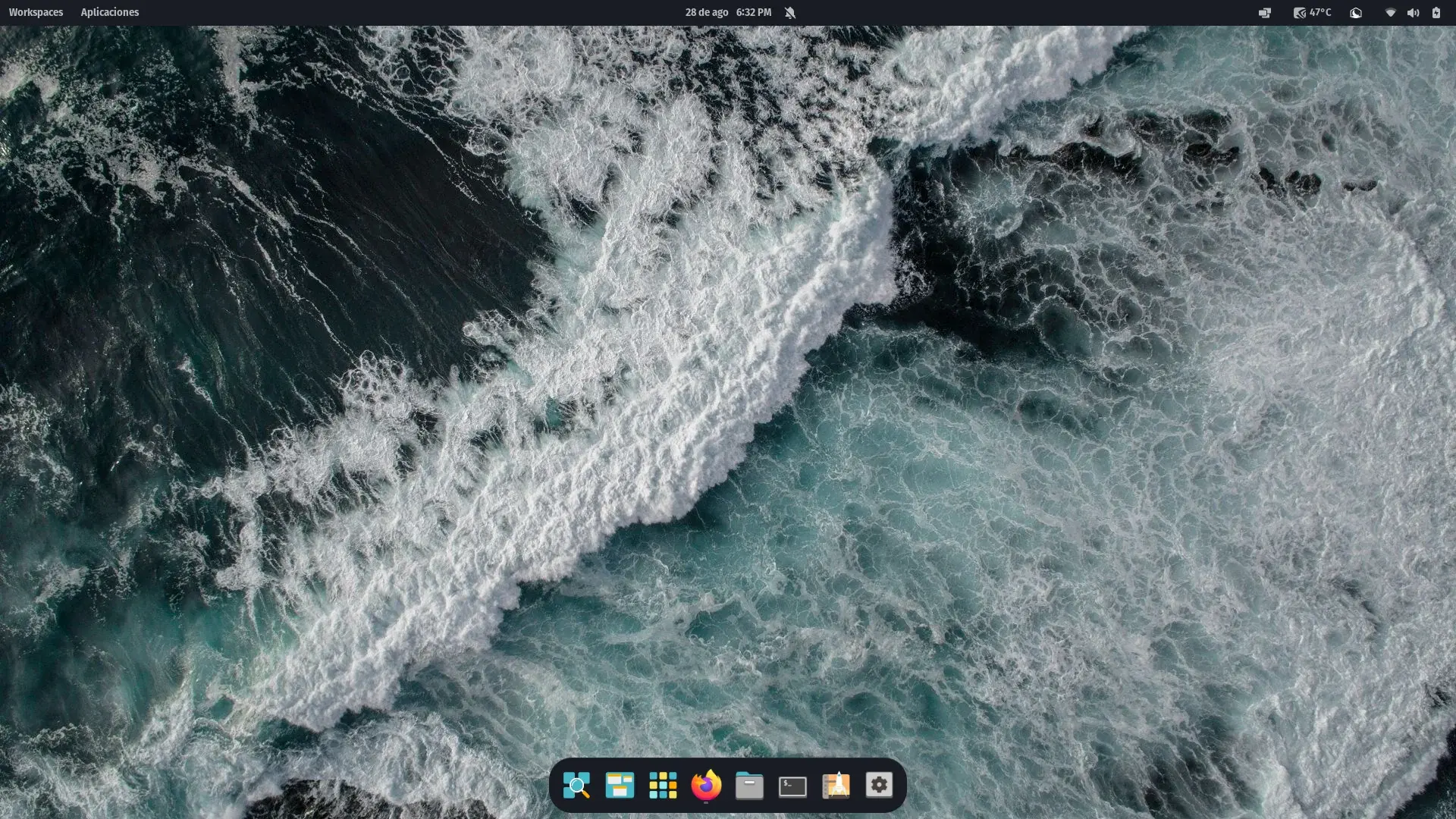The Family Institute at Northwestern University has a "tip of the month" newsletter for couples that I receive in my email inbox. I liked this one:
Trying to fix emotions, example 1:
- Partner One: “I feel really discouraged today…”
- Partner Two: “Come take a walk with me, it’s a really beautiful day out.”
Trying to fix emotions, example 2:
- Partner One: “I’m so frustrated with the people at work, they spend all day complaining.”
- Partner Two: “You should just quit, we can get by on my salary for a while.”
Trying to fix emotions, example 3:
- Partner One: “We never hear from the kids. It bothers me that they don’t call once in a while to see how we are.”
- Partner Two: “They’re busy with their own lives. You shouldn’t let it bother you, it’s not that big a deal.”
See the pattern? These are examples of the three most common ways we try to change — or fix — our partner’s negative emotions. In the first example, Partner Two suggests looking on the bright side as a way of lifting one’s spirits. In the second example, Partner Two becomes Mister or Miss Fixit, offering unsolicited advice that they hope will provide relief. In the third example, Partner Two admonishes his partner for feeling the way she does. Each response invalidates what Partners One are feeling; each fails, in its own way, to acknowledge through empathic listening the negative emotion that’s being expressed. That failure leaves Partners One feeling alone and without a sense of being seen and heard by the one person they most wish would understand them (see Empathy Advantage).
Why is emotion-fixing so common? In part, we never learned that empathic listening is the far superior way to respond to a partner’s distress. The skill of empathic listening doesn’t come to us naturally; it’s something that’s learned either through formal instruction (view the short videos below) or by watching it modeled by the people around us. On a deeper level, emotion-fixing is something we do because emotional pain tends to be contagious and we ourselves don’t want to feel badly. Our brains are wired, through mirror neurons, to feel what others are feeling, whether positive or negative. Without realizing it, we protect ourselves from slipping into a negative place by trying to help — to “fix”— our partner’s painful emotions.
The skill of empathic listening strengthens all our relationships, whether it’s with our primary partner, our children, or our friends. Few experiences promote a stronger bond between people than feeling seen and heard in our emotions. The skill applies across all age groups (although we may choose different words depending on whom we’re talking to). Watch how empathic listening is used by the parents in the short videos below and try it with your partner the next time you hear even the smallest expression of negative emotion.




FYI this is still an issue for me. Updated to cosmic-edit 0.1.0~1715990347~22.04~f5238e1.